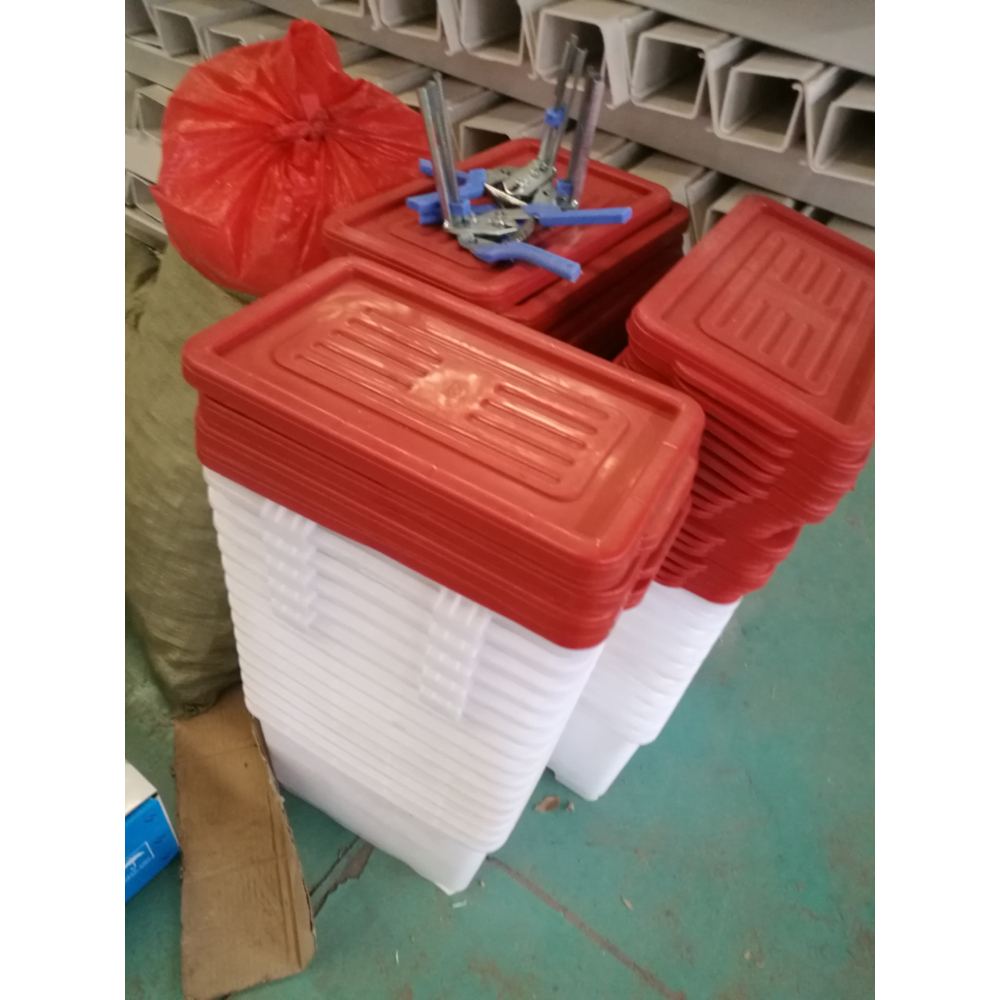Innovative Automatic Chicken Cages for Efficient Broiler Farming and Enhanced Poultry Management
Aug . 15, 2024 14:30 Back to list
Innovative Automatic Chicken Cages for Efficient Broiler Farming and Enhanced Poultry Management
The Rise of Automatic Broiler Chicken Cages Revolutionizing Poultry Farming
In recent years, the poultry industry has witnessed significant advancements driven by technology, particularly in the area of broiler chicken production. One of the most impactful innovations has been the introduction of automatic broiler chicken cages. These systems not only enhance production efficiency but also support the welfare of the animals and reduce the environmental footprint of poultry farming.
Automatic broiler chicken cages are designed to optimize the living conditions of chickens while streamlining the management processes for farmers. Traditional farming methods often involve ground-based systems where chickens are allowed to roam freely or are housed in open barns. While these methods have their advantages, they also come with challenges such as increased labor costs, higher disease risks, and less control over the chickens' environment.
The automatic cage systems address many of these challenges by utilizing technology to create a controlled environment. These cages are equipped with features such as automated feeding, drinking, and climate control systems. This means that the chickens receive the right amount of nutrition and water exactly when they need it, which is crucial for their growth and health. Additionally, automatic ventilation and temperature controls maintain optimal conditions, reducing stress among the birds and promoting better growth rates.
automatic broiler chicken cage

Moreover, the use of automatic cages can significantly decrease labor requirements. In traditional setups, farmers often spend countless hours managing the feeding, watering, and overall care of the birds. In contrast, automated systems can complete these tasks quickly and efficiently, allowing farmers to focus on other critical aspects of their operations. For instance, farmers can spend more time on disease prevention, biosecurity measures, and improving their overall business strategies.
Animal welfare is a vital concern in modern agriculture, and automatic broiler chicken cages provide significant benefits in this area. These systems are designed to offer more space per bird compared to traditional methods, reducing stress and aggression among the flock. Well-designed cages also ensure that hens have access to clean drinking water and food at all times, helping to eliminate competition and bullying, which are common issues in overcrowded environments. Furthermore, these cages can be designed to include features that encourage natural behaviors, such as perches and nesting areas, contributing to the chickens' overall well-being.
From an environmental perspective, automatic broiler chicken cages present a sustainable option for poultry farming. Because these systems are more efficient in managing resources, they can help reduce waste and improve feed conversion rates. This means that farmers can produce more meat using less feed and water, which is particularly important in today’s climate, where resource conservation is crucial for long-term sustainability. Additionally, with better waste management systems integrated into these cages, there is potential for reduced pollution and enhanced manure management practices.
In conclusion, the rise of automatic broiler chicken cages represents a significant step forward in poultry farming. By embracing technology, farmers can improve productivity, enhance animal welfare, and contribute to sustainable agricultural practices. As the industry continues to evolve, these innovations will likely play a critical role in meeting the growing demands for poultry products while ensuring ethical and environmentally friendly farming practices. With the increasing population and the need for efficient food production systems, automatic broiler chicken cages are poised to become a pivotal component of modern poultry farming.
-
Automatic Feeding Line System-Pan Feeder Nipple Drinker|Anping County Yize Metal Products Co., Ltd.
NewsJul.29,2025
-
Hot Sale 24 & 18 Door Rabbit Cages - Premium Breeding Solutions
NewsJul.25,2025
-
Automatic Feeding Line System Pan Feeder Nipple Drinker - Anping County Yize Metal Products Co., Ltd.
NewsJul.21,2025
-
Automatic Feeding Line System Pan Feeder Nipple Drinker - Anping County Yize Metal Products Co., Ltd.
NewsJul.21,2025
-
Automatic Feeding Line System - Anping Yize | Precision & Nipple
NewsJul.21,2025
-
Automatic Feeding Line System - Anping Yize | Precision & Nipple
NewsJul.21,2025






